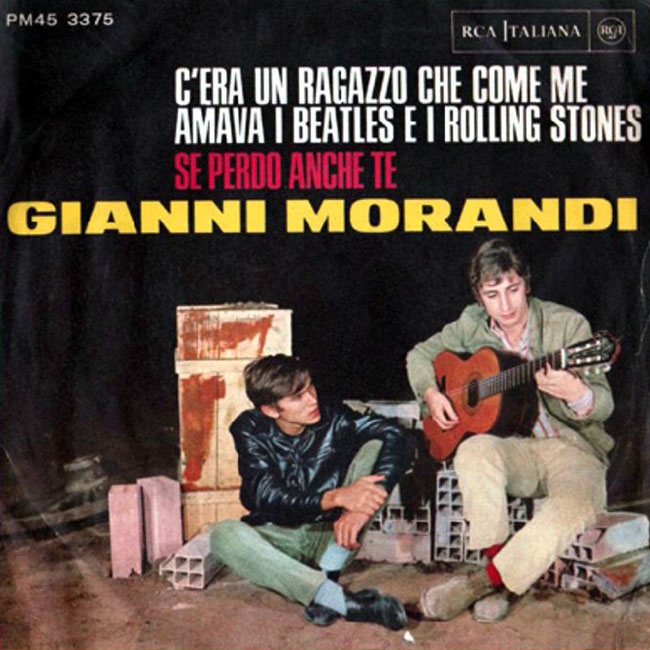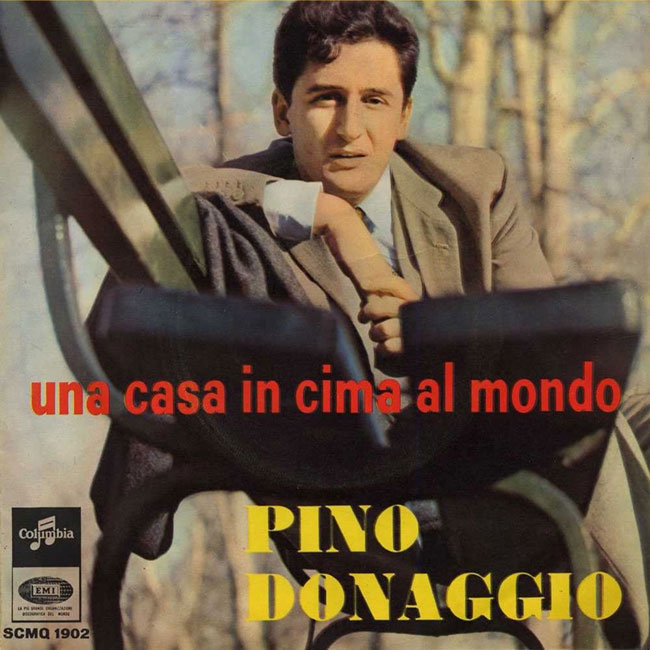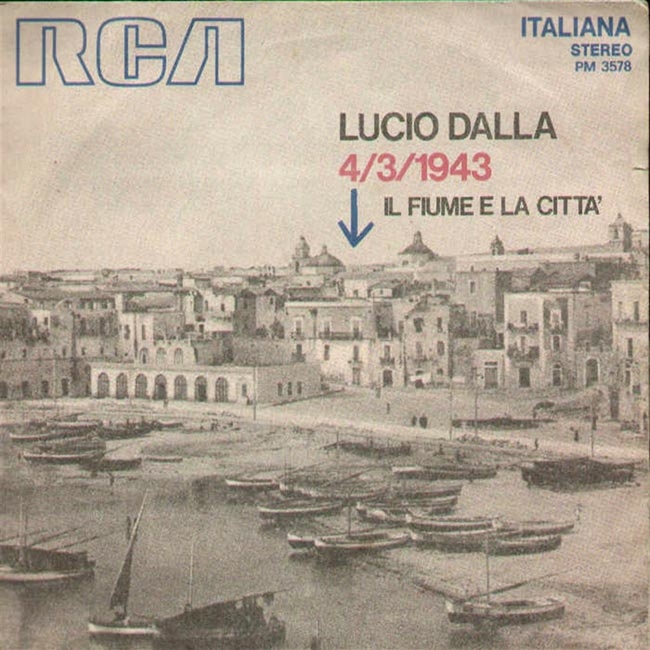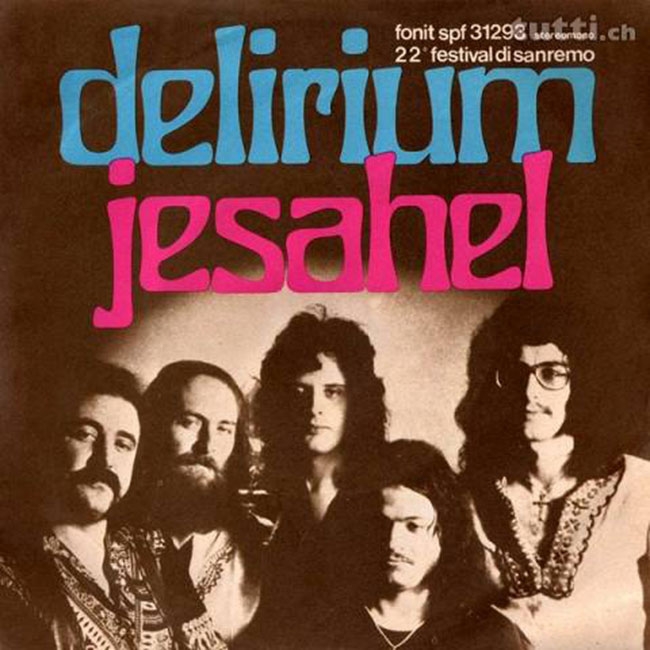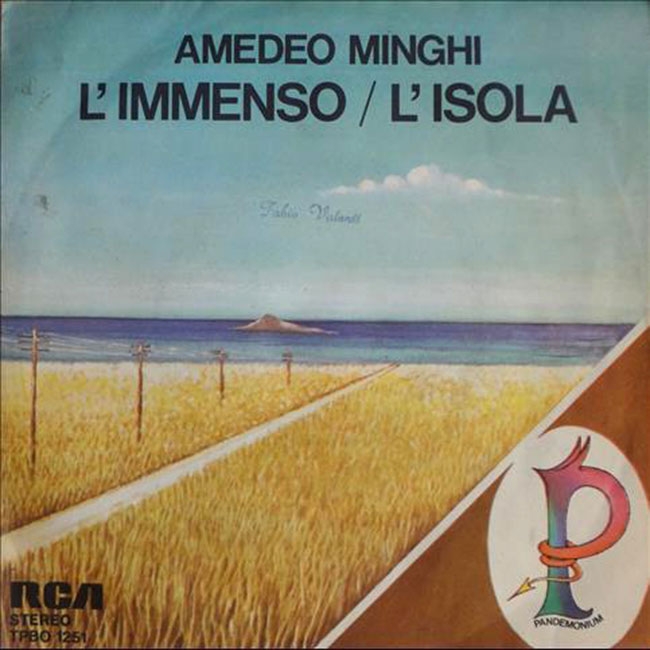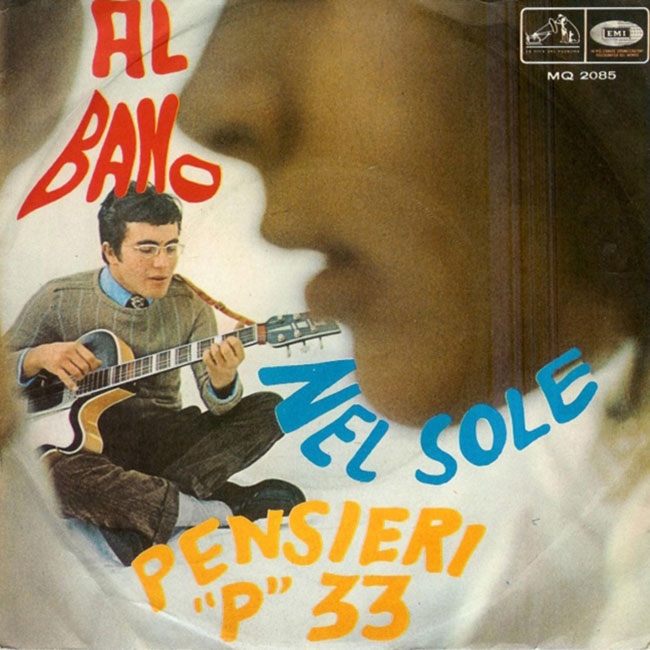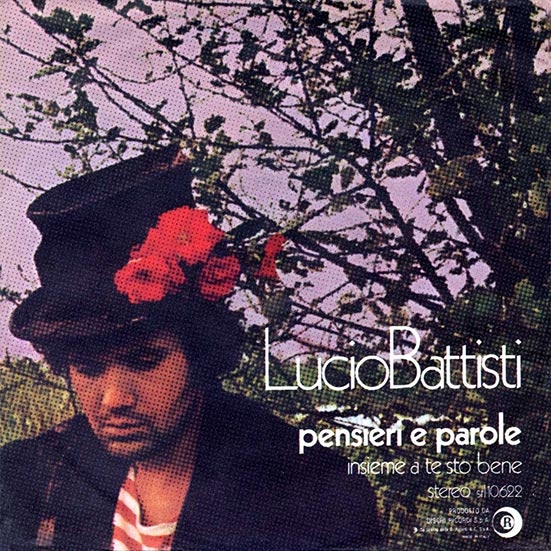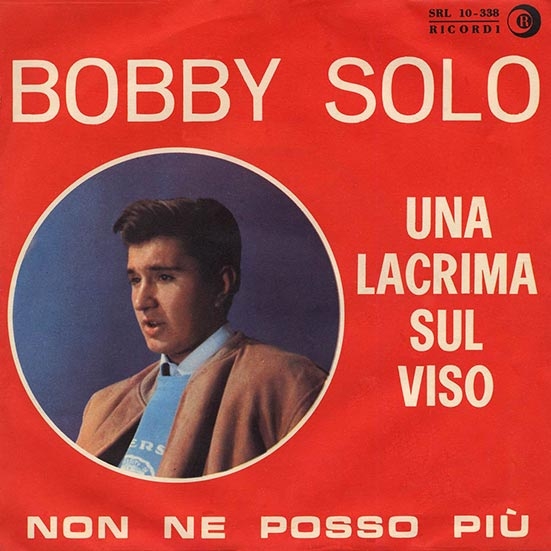
 SPOTIFY
SPOTIFY
Mamma mia dammi cento lire – Tradizionale
Mama, give me one hundred lire
Anonymous
This is one of the best-known songs about emigration, in turn an adaptation of an ancient ballad known as La maledizione della madre. The story is about a mother who is opposed to her daughter's marriage to the king of France (or another character) because, she warns her, that man is the devil; the daughter disobeys and dies crossing a stream on horseback or, in other versions, ends up in hell. At the end of the nineteenth century, with the first waves of migration, the song lent itself to narrating the new horizon of hope: America. And the words have been readapted like this: the daughter wants to go to America, the mother disagrees but the brothers convince her to let her go.
Once out in the middle of the ocean, the vessel sinks and the seawater rots her beautiful curly hair. The ending contains the moral: my brothers have betrayed me. The truth is in my mama's words. Simple lyrics set to a well-known melody summarize the feelings of both those who leave and those who stay, in a generational conflict that repeated itself identically for much of the following century. But the moral is always the same and reflects the thinking of the older generation frightened by change: the story's ominous conclusion is, in fact, a warning to young people not to leave because in America they will only find death. There are numerous recordings of the song out there, collected in almost in all the regions of Italy and immigrant communities, while in the pop field it was recorded by the Quartetto Cetra, Gigliola Cinquetti and more recently Max Pezzali with Arisa, among others.

